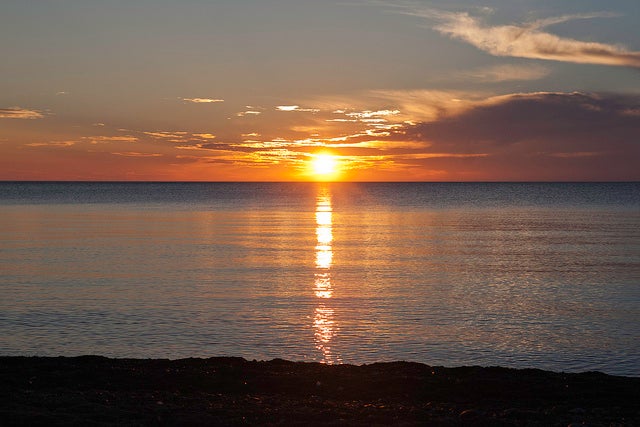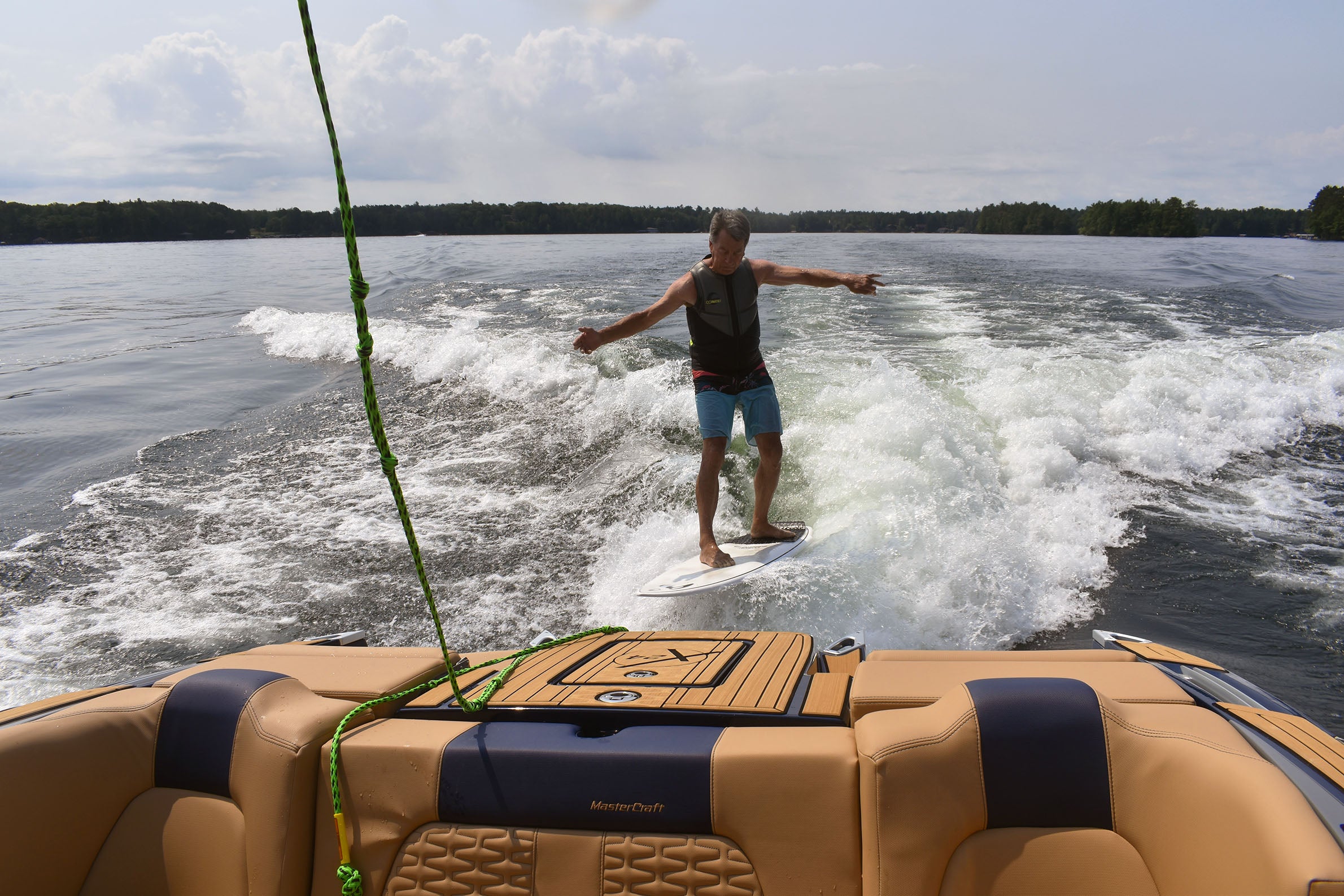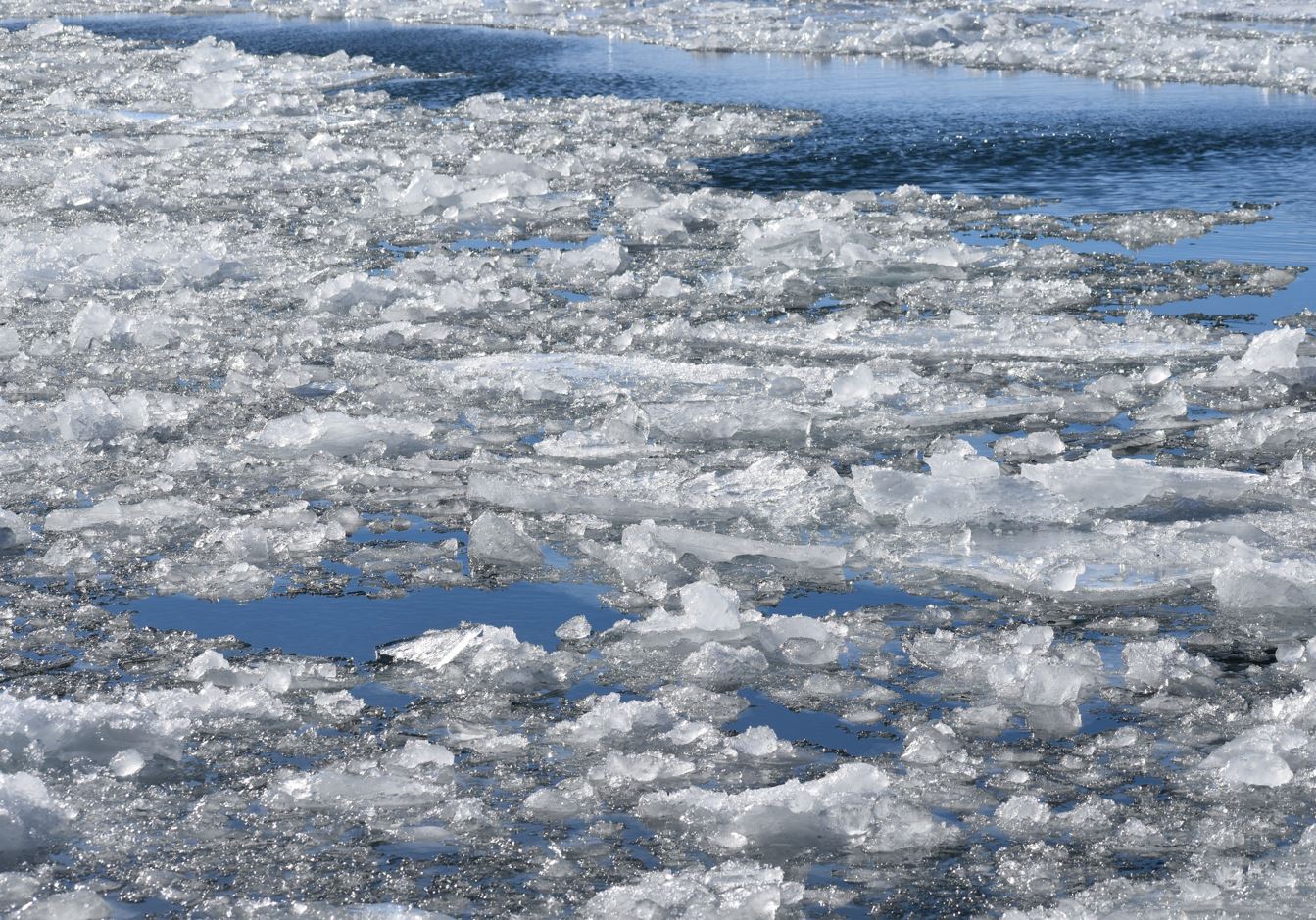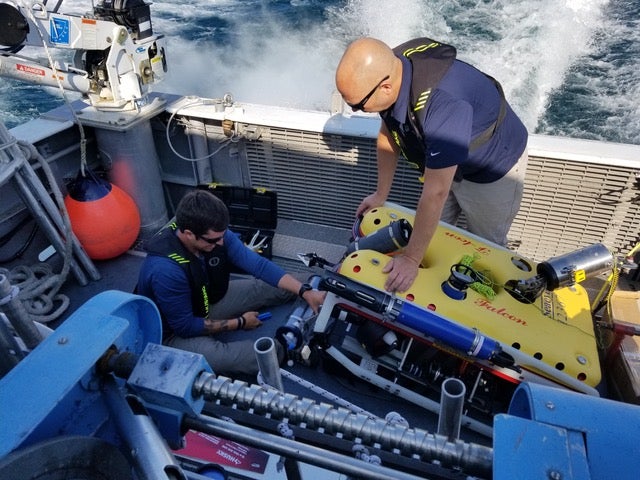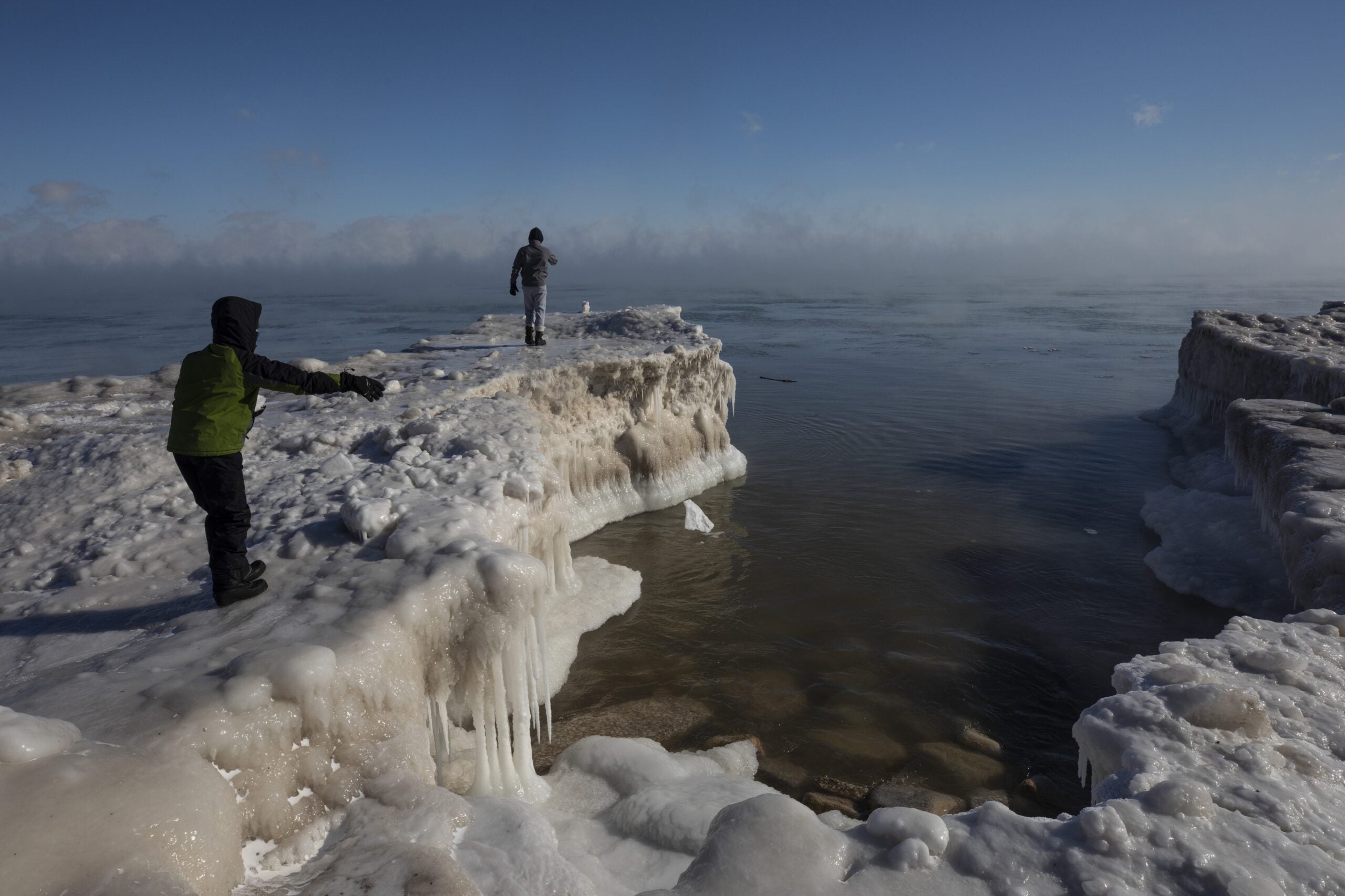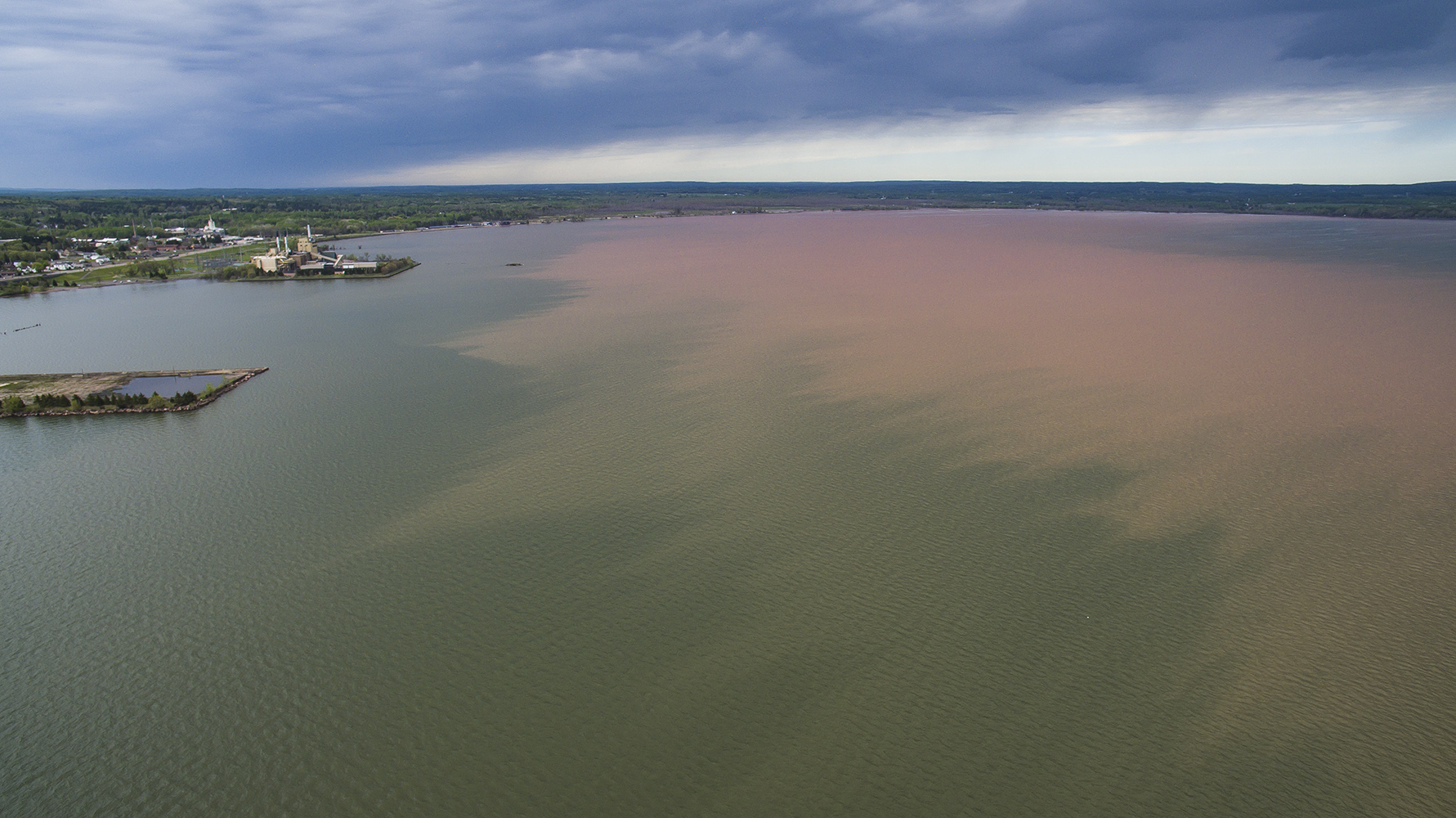The U.S. Army Corps of Engineers is predicting record-high water levels on some areas of the Great Lakes over the next six months.
Melting snow and recent heavy rains have caused the lakes to rise rapidly over the last several weeks, according to Keith Kompoltowicz, chief of watershed hydrology out of the Detroit District office of the Army Corps. He said the added precipitation comes after several years of wet weather driving lake levels upward on the lakes.
Lake Erie and Lake Superior are projected to surpass record-high water levels set decades ago.
Stay informed on the latest news
Sign up for WPR’s email newsletter.
“It looks like Lake Superior will tie its May record and break its June and July records before (sic) tying again in August, so very high record levels on Lake Superior,” he said.
The record high for Lake Superior in May was set back in 1986 when it hit 602.82 feet above sea level. Kompoltowicz said they expect the lake to surpass its record for June of 602.89 feet set back in 1986, as well as its July record of 603.08 feet set back in 1950.
He said communities along the shoreline will continue to face the threat of coastal flooding and erosion.
“The lake levels themselves don’t necessarily cause the flooding and the erosion, but when you get wind-induced rises and heavy waves, those can really cause some damage to shoreline and cause the water to run up on shorelines,” said Kompoltowicz.
Communities like Duluth, Herbster and Ashland have experienced damage to their shorelines as the result of high lake levels and extreme storms in recent years.
At the same time, the shipping industry has benefited from higher lake levels.
“The vessels are not necessarily forced to light-load. They can load to capacity. Access is not necessarily an issue,” said Kompoltowicz. “Although, depending on locations, there could be wake restrictions or speed restrictions that pop up as levels get higher.”
About a decade ago, the lakes were seeing levels far below the long-term average. Lakes Michigan, Huron and Ontario are not projected to see record high levels at this time, but levels on the lakes are expected to remain high.
Wisconsin Public Radio, © Copyright 2025, Board of Regents of the University of Wisconsin System and Wisconsin Educational Communications Board.
